Vinegar is a versatile household staple, but its utility extends far beyond the kitchen. It can be a powerful ally for gardeners in maintaining a healthy and thriving garden. Here are seven genius ways to harness vinegar's benefits in your gardening efforts.
Other Topics You Might Like
Helpful Products You Might Like
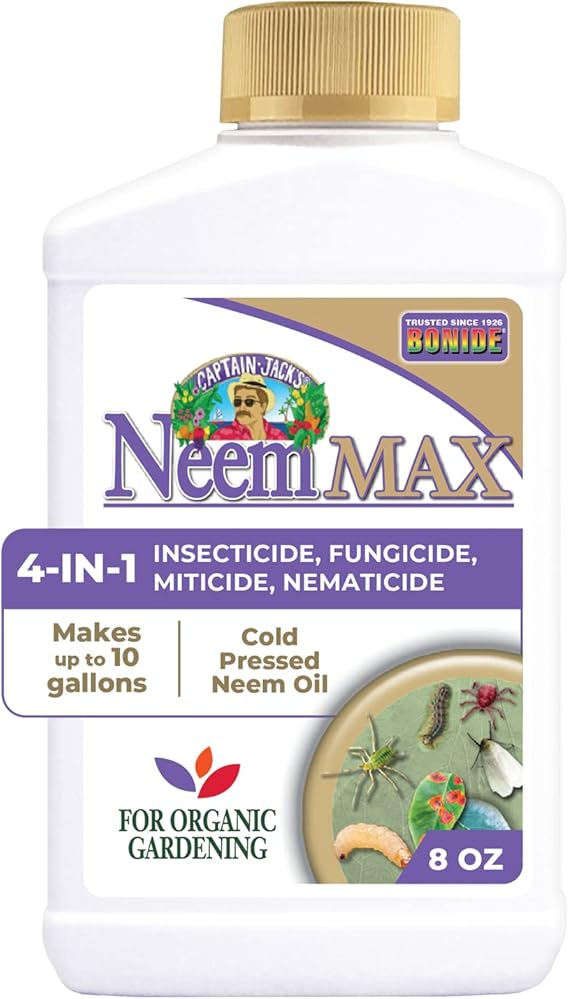
Bonide Captain Jack's Neem Max Oi for Organic Gardening
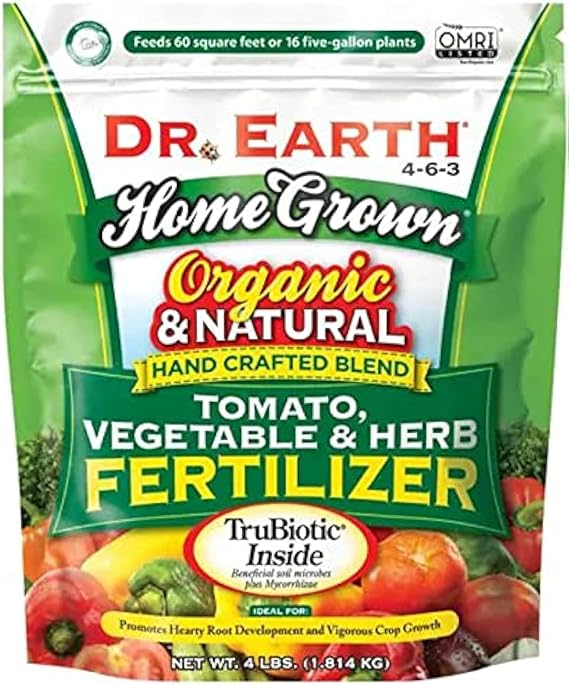
Dr. Earth Organic 5 Tomato, Vegetable & Herb Fertilizer Poly Bag
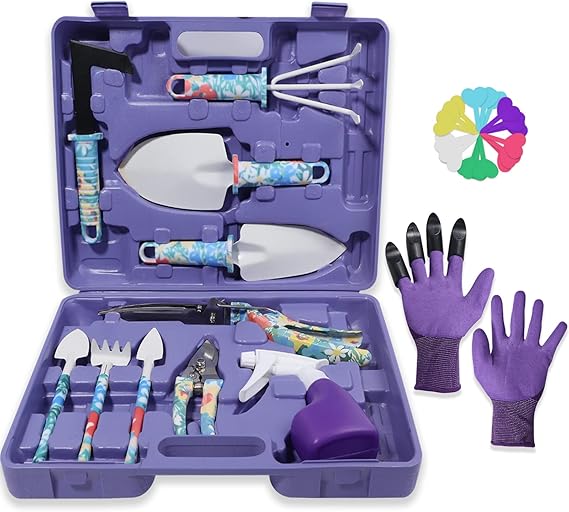
Garden Tool Set, Stainless Steel Heavy Duty Gardening Tools
"(Paid Links)" 
Natural Weed Killer
In gardens, vinegar is most commonly used as an organic herbicide. This is because the acetic acid in vinegar will kill unwanted plants. To do this, simply apply a liquid free of dilution white vinegar onto the leaves of weeds on a dry and sunny day.
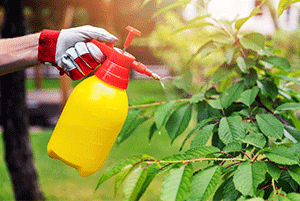
Pest Control
You can use vinegar to ward off those annoying insects. For more vines, you can spray a vinegar and water solution in equal parts around the plants, and this takes care of the aphids, fruit-fly, and ant colonies. First, a kind of freshening cocktail with vinegar scent comes in handy for such pests and helps to avoid their welcoming appetite for the planted goods.
Soil pH Modification
If you have plants that do well in acidic soils, vinegar will come in handy in lowering the pH of your soil. For example, one may use one cup of vinegar to a gallon of water and use it on plants to attain more acidic soil. It is particularly advantageous for plants that favour acidity, such as blueberries and azaleas.
Fresh Cut Flower Preservative
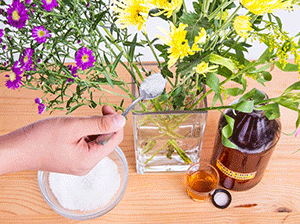
When it comes to bouquet preservation technologies, vinegar tends to rank at the top. To make a flower preservative, mix two tablespoons of vinegar and one tablespoon of sugar to a quart of water. This mixture helps not only to feed the flowers but also prevents bacteria from forming, keeping the flowers lasting longer in the vase.
Cleaning Pruning Equipment
It is essential to clean your garden tools to minimize the chances of transferring diseases from one plant to another. Putting your tools in a vinegar solution (1 part of vinegar to four equal parts of water) for some time will do the disinfection of the tools to the required level. This is particularly important for the plants to avoid introducing tumors to the healthy plants after engaging in the diseased ones.
Rinse for Seedlings
When planting seeds indoors, damping-off, which is a fungal disease of seedlings, should be avoided. If this problem persists, a quick bath in a vinegar solution (1 part vinegar to 3 parts water) of the seedlings before depositing them can help. A Peugeot of vinegar means fungal infection thrust would not be readily entertained and seedlings would flourish more or less disenabling its redolent
Cleaning and Brightening Garden Furniture
Garden furniture can accumulate dirt and grime over time. To clean and brighten outdoor furniture, including plastic, wood, and metal surfaces, use a solution of equal parts vinegar and water. Wipe down the furniture with a cloth soaked in the solution, and enjoy a refreshed outdoor space.
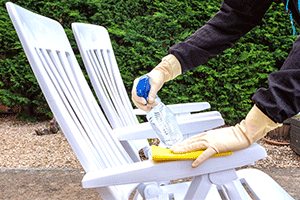
Conclusion
Vinegar is not just for salads and pickling; it’s a gardener’s secret weapon! Its uses are diverse and effective, from controlling weeds and pests to enhancing the health of your plants and preserving your cut flowers. By incorporating vinegar into your gardening routine, you can create a more vibrant and sustainable garden environment. Remember to use it wisely to protect your cherished plants while enjoying all the benefits this simple household item has to offer.
